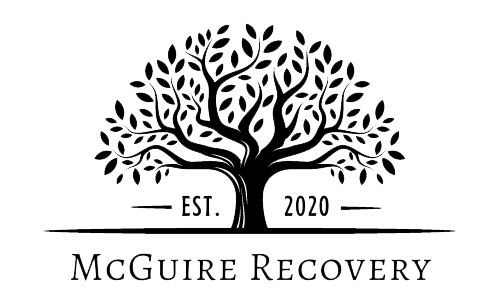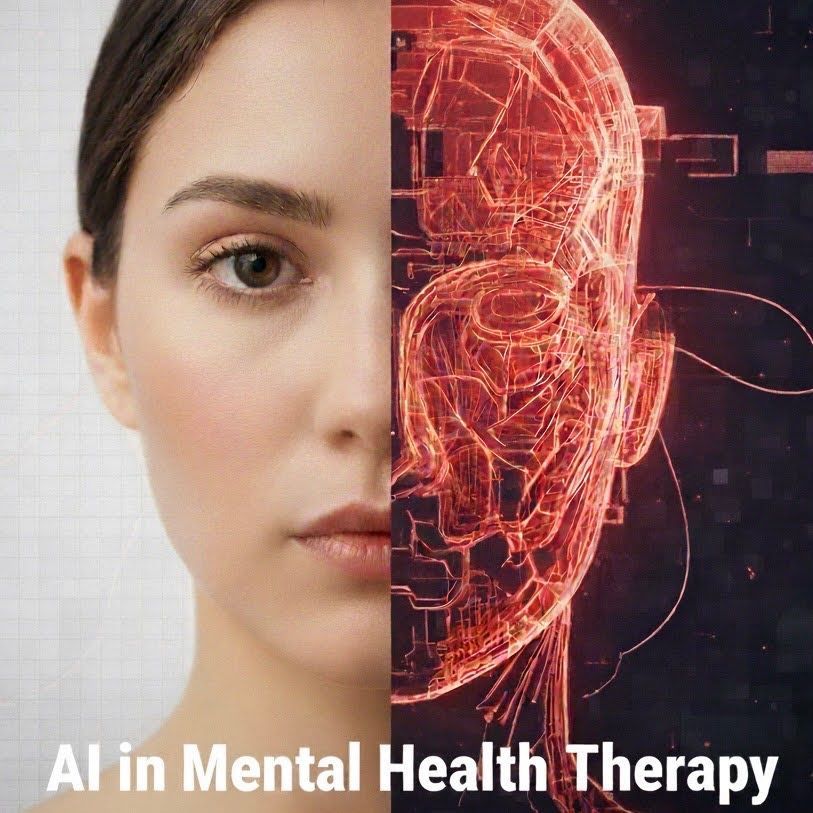Navigating the Pros and Cons of AI in Mental Health Therapy
Artificial intelligence (AI) is rapidly transforming countless industries, and mental health is no exception. From AI-powered chatbots offering support to sophisticated algorithms analyzing behavioral patterns, the integration of AI into mental health therapy is a topic generating considerable buzz and, naturally, some debate. While the promise of increased accessibility and personalized care is enticing, it’s crucial to examine both the potential benefits and the inherent risks.
The Upsides: How AI Could Enhance Mental Health Support
One of the most compelling arguments for AI in mental health is its potential to address the significant access gap. Millions worldwide lack access to traditional therapy due to geographical barriers, financial constraints, or the sheer shortage of qualified professionals. AI tools can offer:
- Increased Accessibility: AI chatbots and platforms can provide 24/7 support, reaching individuals in remote areas or those who struggle to schedule in-person appointments. This can be a vital first step for many seeking help.
- Reduced Stigma: For some, interacting with an AI might feel less intimidating than speaking to a human therapist, helping to overcome the initial hurdle of seeking support for their mental health.
- Personalized Insights: AI can analyze vast amounts of data to identify patterns in behavior, mood, and language, potentially leading to earlier detection of mental health challenges or more tailored interventions. It can also suggest relevant resources and coping strategies.
- Augmenting Human Therapists: AI tools aren’t just for clients. They can assist therapists by handling administrative tasks, analyzing session notes, or even suggesting evidence-based techniques, freeing up human professionals to focus on core therapeutic work.
The Downsides: Where AI Falls Short and Risks Emerge
Despite the exciting possibilities, the limitations and risks of relying heavily on AI for mental health support are significant and demand careful consideration.
- Lack of Genuine Empathy and Human Connection: At its core, effective therapy relies on a trusting relationship and the therapist’s ability to truly understand and connect with a client’s emotional experience. AI, no matter how advanced, cannot genuinely feel or display empathy. The nuanced understanding of human suffering and the therapeutic alliance built on shared humanity are irreplaceable.
- Privacy Concerns: Discussing mental health involves sharing deeply in personal and sensitive information. The storage, security, and use of this data by AI systems raise serious privacy questions. A data breach involving mental health records could have devastating consequences for individuals.
- AI Hallucinations and Misguided Advice: A critical concern is the phenomenon of “AI hallucination,” where AI generates inaccurate, nonsensical, or even harmful information. In the context of mental health, this could lead to misguided advice, incorrect diagnoses, or inappropriate coping mechanisms, potentially exacerbating a client’s condition or putting them at risk.
- Ethical Dilemmas: Who is accountable if an AI provides harmful advice? How do we ensure AI algorithms are free from biases that could negatively impact specific demographic groups? These are complex ethical questions that currently lack clear answers.
- Missing Nuance: Human communication is rich with non-verbal cues, tone, and context that AI struggles to interpret fully. This can lead to misunderstandings or a failure to grasp the true depth of a client’s situation.
Finding the Balance: AI as a Tool, Not a Replacement
The future of mental health therapy likely involves a blend of human expertise and technological innovation. AI offers valuable tools for enhancing accessibility, streamlining processes, and providing supplementary support. However, it cannot, and should not, replace the profound and nuanced connection between a human therapist and their client.
For deep emotional processing, complex decision-making, and navigating the intricate landscape of human experience, the irreplaceable qualities of empathy, ethical judgment, and genuine understanding provided by a professional mental health therapist remains paramount.
Reference:
- Insel, T. R. (2022). Healing: Our Path from Mental Illness to Mental Health. Penguin Random House.
- Torous, J., Zafari, F., & Almi, A. (2021). The Ethical and Legal Considerations of Using AI in Mental Health. JAMA Psychiatry. (Relevant content on ethical concerns found in related policy overviews: UK Parliament POSTnote 738)
- Miner, A. S., et al. (2019). The Future of Digital Mental Health: AI and Machine Learning. Current Treatment Options in Psychiatry. (Overview of AI’s potential in prediction and personalization: ResearchGate)
- American Psychological Association (APA). (2013). Guidelines for the Practice of Telepsychology. (Provides foundational ethical and technical guidance for digital therapy: APA Services)
- Fitzpatrick, K. K., Darcy, A., & Vierhile, M. (2017). Delivering Cognitive Behavior Therapy to Young Adults With Symptoms of Depression and Anxiety Using a Fully Automated Conversational Agent (Woebot): A Randomized Controlled Trial. JMIR Mental Health, 4(2):e19. (Key study on chatbot efficacy and engagement: PubMed)
- Salloum, R., et al. (2023). Exploring the Impact of ChatGPT’s Conversational Style on Trust and Therapeutic Alliance in Digital Mental Health. (Newer research discussing LLM limitations in therapy, summarized by experts: Columbia Psychiatry)





